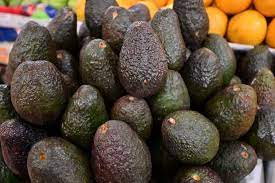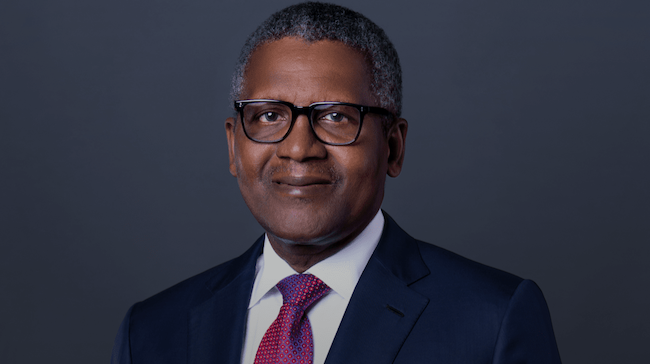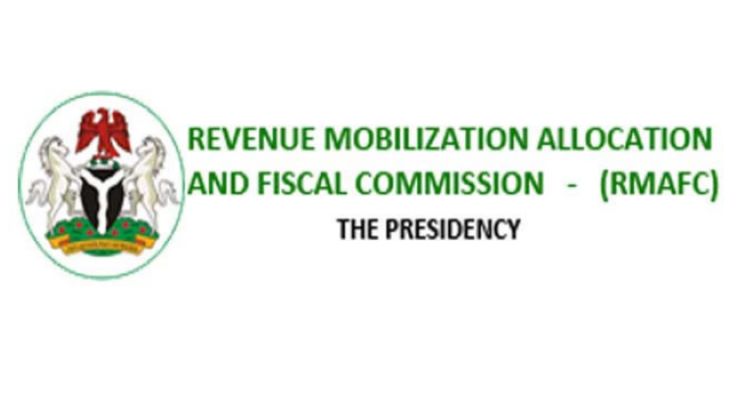The U.S lifted a ban on imports of Mexican avocados, ending a week-long suspension triggered by a threat against a food inspector that halted America’s primary supply of the produce.
“This is definitely good news — for consumers, for supermarkets, for the industry as a whole,” said David Magana, senior analyst for Rabobank International in Fresno, California. Because of the quick resolution, “likely many consumers didn’t see a big price change or even realize that avocados were not being imported from Mexico.”
The USDA’s Animal and Plant Health Inspection Service resumed checks of avocados in Mexico’s coastal Michoacan region, the only area in the country from which the U.S. accepts imports, after Mexican authorities and an avocado growers group provided additional safety measures for inspectors, the agency said in a statement Friday.
“The safety of USDA employees simply doing their jobs is of paramount importance,” the agency said. “USDA is appreciative of the positive, collaborative relationship between the United States and Mexico that made resolution of this issue possible in a timely manner.”
The import halt began Feb. 11 after a U.S. embassy security official judged a threat made against a USDA employee credible. According to APHIS, a U.S. inspector raised concerns about an avocado shipment and refused certification. The inspector’s supervisor was subsequently threatened, along with the supervisor’s family.
In 2020, a USDA employee was killed in Northern Mexico while conducting fruit fly and citrus-pest detection and eradication activities.
The import shutdown crippled an industry critical to the violence-plagued state of Michoacan, which supplies 80% of U.S. avocados. The USDA inspection halt prevented exports to the U.S., though USDA allowed imports to continue for produce that had already passed review. Prices in Chicago surged 59% during the ban, according to agency data.
Around 20,000 tons of avocados worth about $50 million that would normally have been exported since the Feb. 11 suspension are still hanging on trees, one grower in Michoacan estimated.
Small U.S. restaurants that don’t have the buying power of chains like Chipotle Mexican Grill Inc. were especially eager for a swift end to the ban.
“If a deal is not met, avocados will come from California but the feeling is that the state will hoard them and there will potentially be very little for other states,” said Tracy Vaught, owner and operator of H Town Restaurant in Houston, Texas, which operates five restaurants, four of which are Mexican food restaurants.
The Kremlin insists it has no plans to invade, but Moscow has demanded security guarantees from the West to keep Ukraine and other ex-Soviet nations out of the NATO military alliance, not deploy weapons in Ukraine and pull back NATO forces from Eastern Europe.
The Biden administration has bluntly rejected Russia’s demands, and Moscow threatened to take unspecified “military-technical measures” if the West continued to stonewall.
Despite his warning, Biden on Friday once again urged Moscow to choose a path of diplomacy to reduce tensions. “Russia can still choose diplomacy. It is not too late to de-escalate and return to the negotiating table,” he said.
Al Jazeera’s Alan Fisher, reporting from Washington, said Biden’s comments were “a significant departure” from the past 72 hours, when White House officials had said they did not believe Putin had made a final decision on a possible invasion.
“So that is quite a leap for Joe Biden to say that. Quite what he’s basing that [assessment] on, we couldn’t be sure,” said Fisher, who added though that “clearly, Joe Biden sees the possibility of still being able to negotiate the way out of this crisis”.
Earlier on Friday, Ukraine’s top security official Oleksiy Danilov accused Russia of staging provocations in conflict-hit eastern Ukraine to provoke the Ukrainian military to respond. Danilov said Ukraine had no plans to recapture separatist-held territories by force, however, adding that a full-scale Russian invasion of Ukraine was unlikely.
Moscow-backed separatist leaders in eastern Ukraine said they will evacuate civilians to Russia as fears of a significant escalation in fighting grow.
The announcement by the heads of the self-proclaimed Luhansk People’s Republic (LPR) and Donetsk People’s Republic (DPR) came after the rebels and Ukraine’s government traded accusations of shelling and other ceasefire violations in Donbas.
Also on Friday, Ukraine’s military intelligence agency said it had information that Russian special forces had planted explosives at a number of social infrastructure facilities in separatist-controlled Donetsk.
“These measures are aimed at destabilizing the situation in the temporarily occupied territories of our state and creating grounds for accusing Ukraine of terrorist acts,” the Defence Intelligence of the State Security Service of Ukraine said on its official Twitter account.
The service urged Donetsk residents not to leave their homes and not to use public transport. The Russian Federal Security Service did not immediately reply to a request for comment from the Reuters news agency on Ukraine’s accusation.
Meanwhile, top Biden administration officials once more warned Russia that Washington would respond “decisively and forcefully” should Moscow decide to invade.
“The cost to Russia would be immense, both to its economy and its strategic position in the world,” Deputy National Security Advisor Daleep Singh told reporters on Friday. “Our financial sanctions have been designed to impose overwhelming and immediate costs to the largest financial institutions and state-owned enterprises in Russia.”
He added that the US administration is ready to impose export controls that would deny Russia access to “technological inputs” only produced by the US and its allies.
Separately, the US and the United Kingdom also accused Russian military hackers of being behind a spate of distributed denial of service (DDoS) attacks this week that briefly knocked Ukrainian banking and government websites offline. Russia has denied any role in the incidents.
“Russia likes to move in the shadows and counts on a long process of attribution,” Anne Neuberger, another US deputy national security adviser, told reporters. “We believe the Russian government is responsible for widespread attacks on Ukrainian banks this week.”
Russia President Vladimir Putin is expected to personally oversee military drills involving “strategic forces” on Saturday.
The Russian defence ministry said the exercise will include multiple practice launches of intercontinental ballistic missiles and cruise missiles. The air force, units of the southern military district, as well as the Northern and Black Sea fleets would be involved in the huge nuclear drills.
Around 20,000 tons of avocados worth about $50 million that would normally have been exported since the Feb. 11 suspension are still hanging on trees, one grower in Michoacan estimated.
Small U.S. restaurants that don’t have the buying power of chains like Chipotle Mexican Grill Inc. were especially eager for a swift end to the ban.
“If a deal is not met, avocados will come from California but the feeling is that the state will hoard them and there will potentially be very little for other states,” said Tracy Vaught, owner and operator of H Town Restaurant in Houston, Texas, which operates five restaurants, four of which are Mexican food restaurants.
(Adds analyst comment in second paragraph, and further details of the ban, comments from a restaurant owner, producer estimates, map and avocado prices throughout.)
–With assistance from Max de Haldevang.






